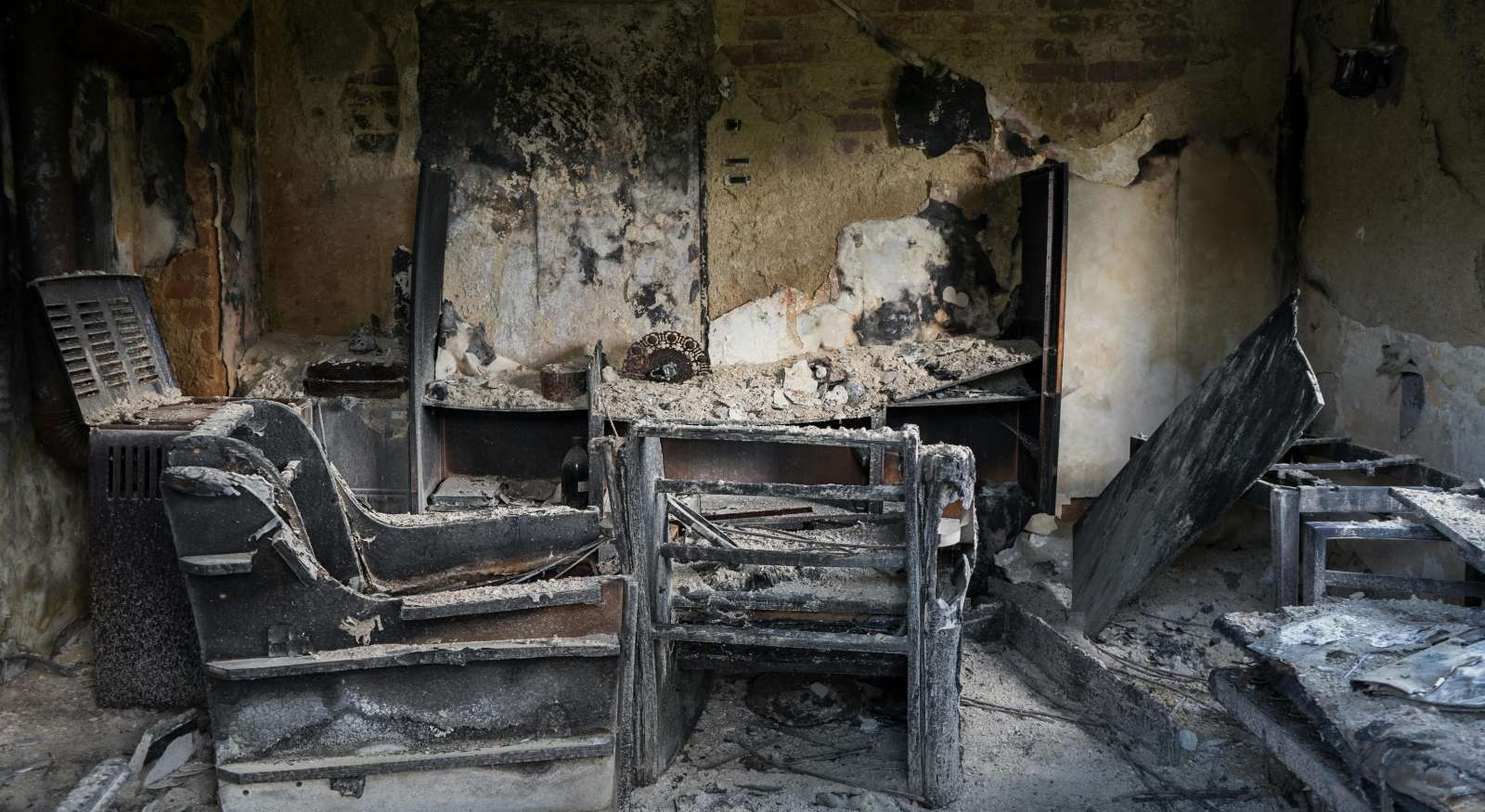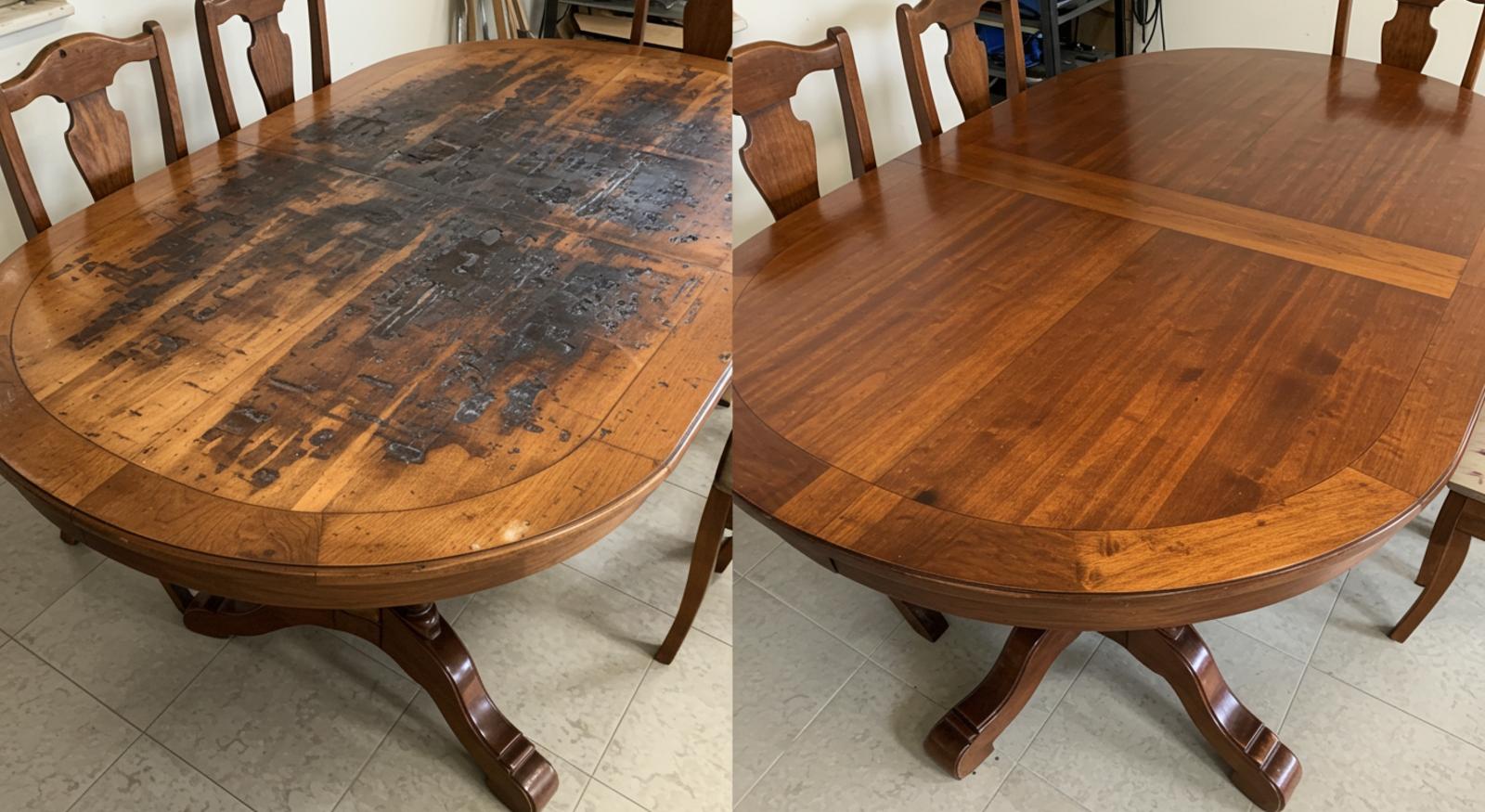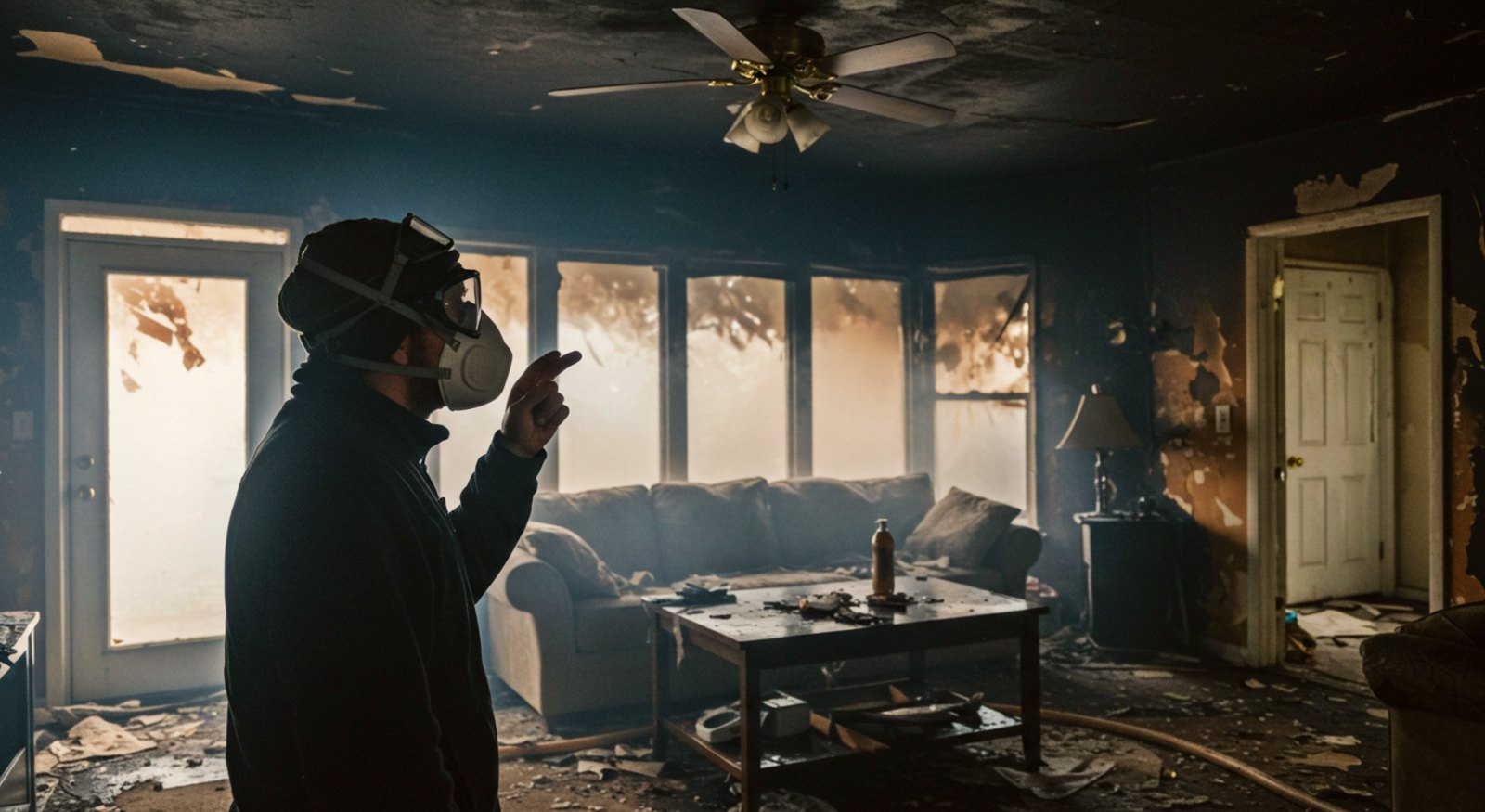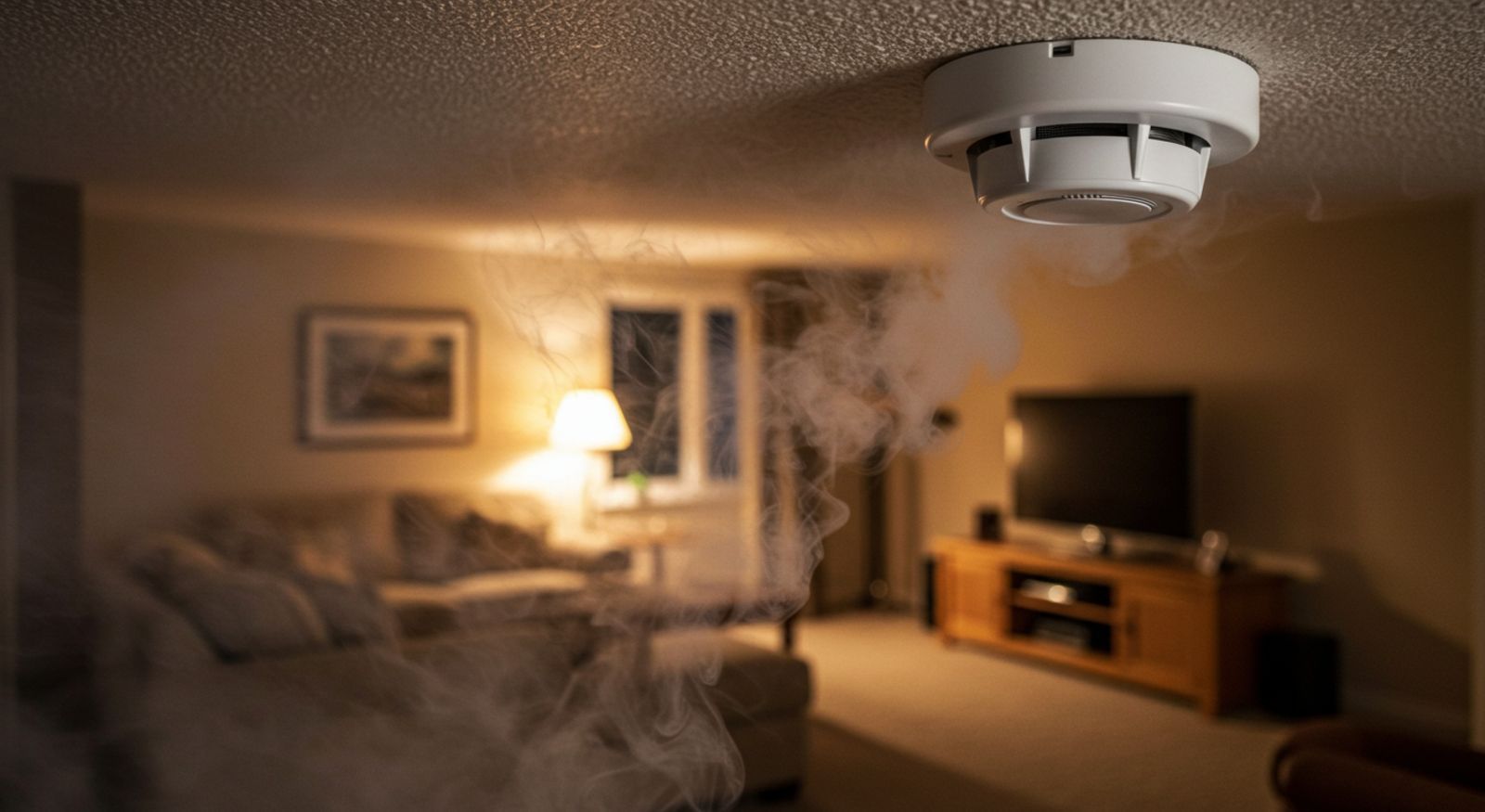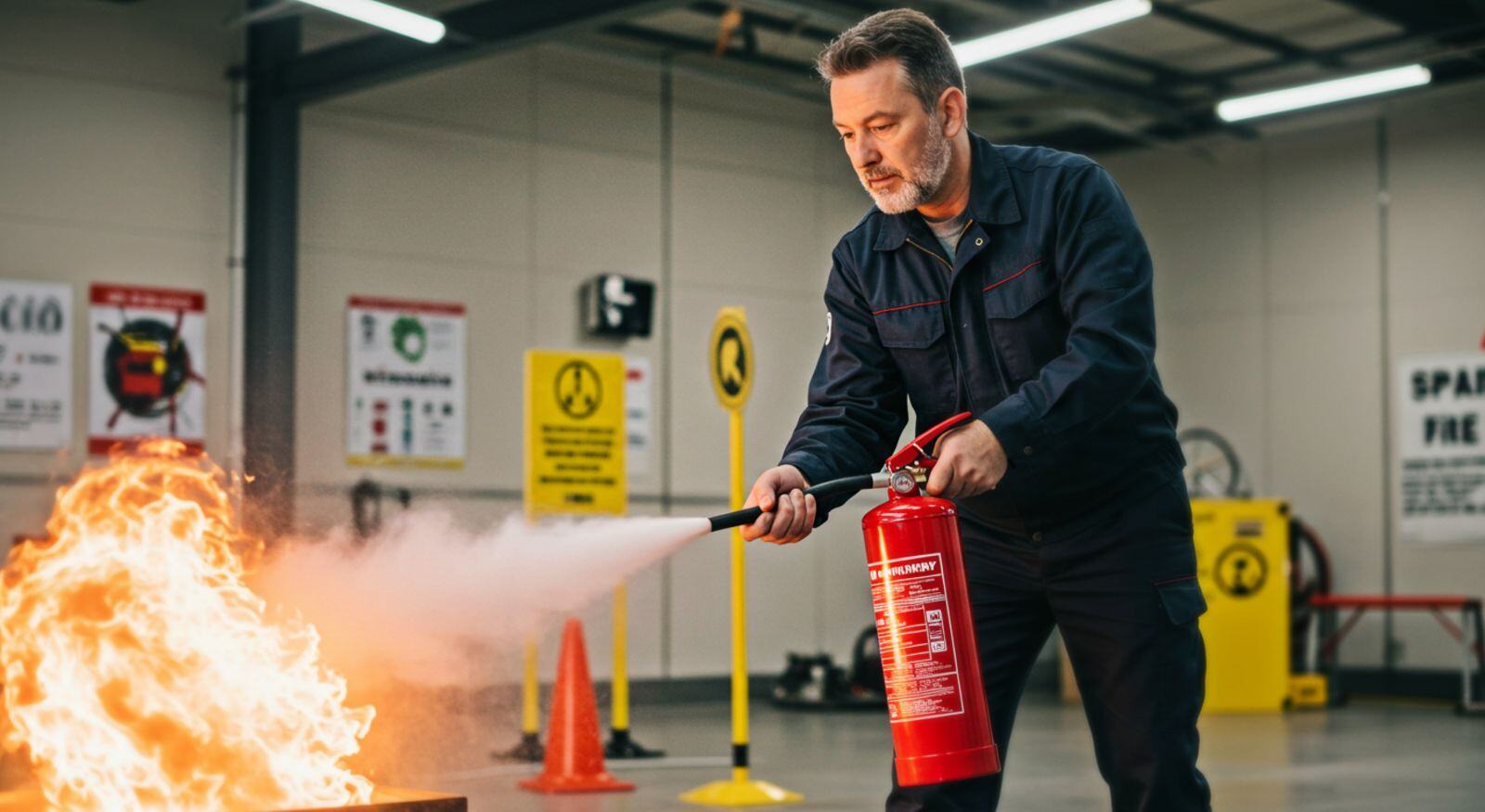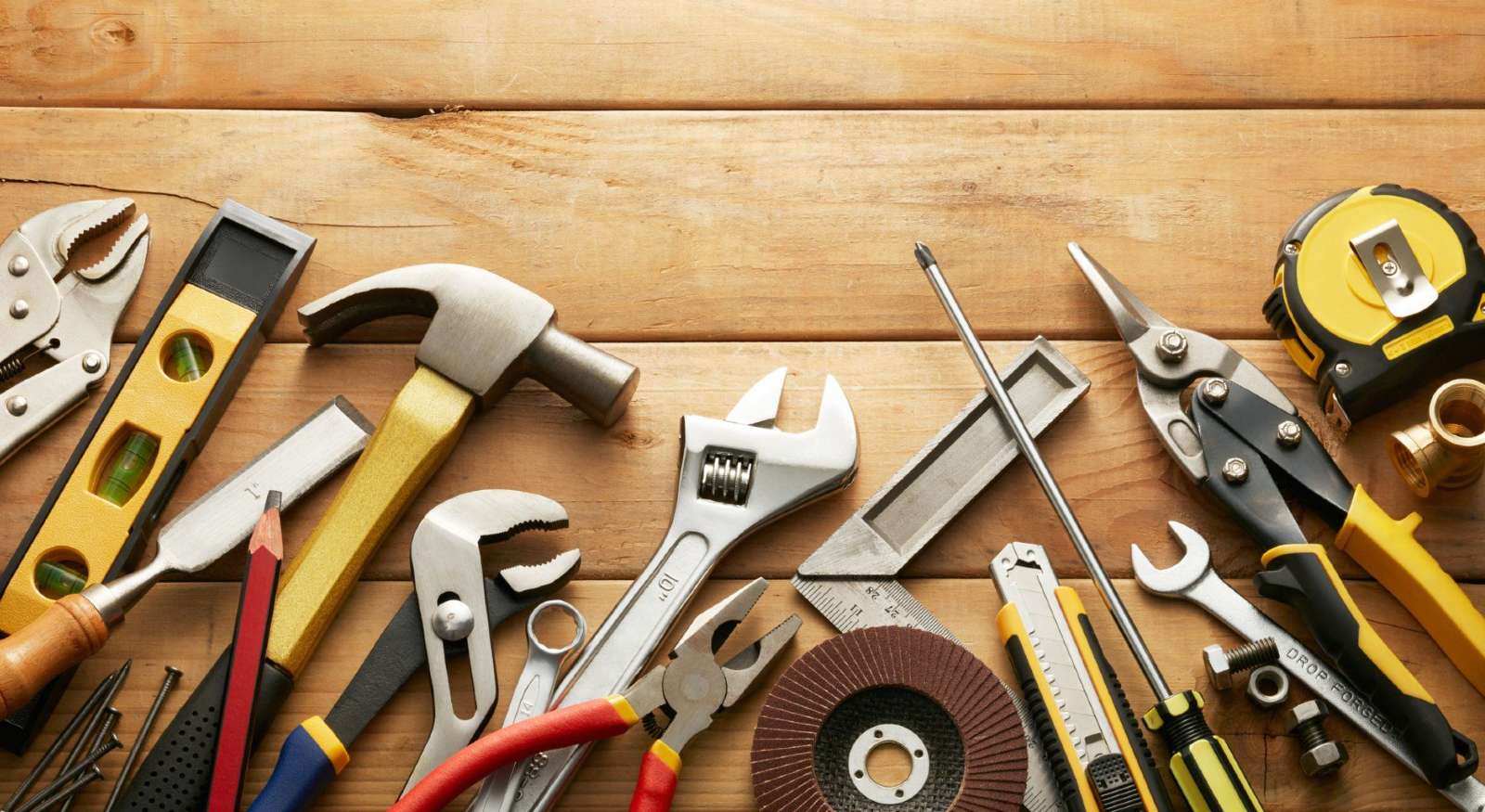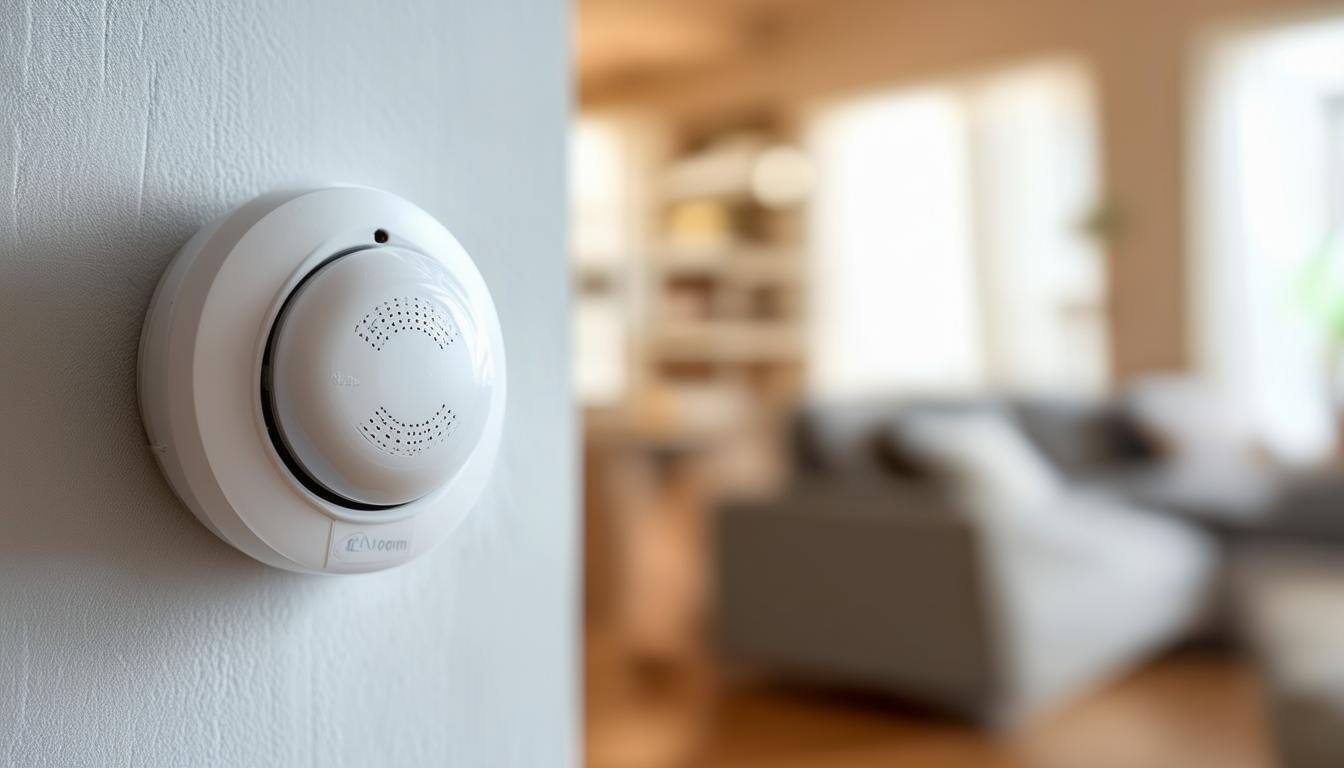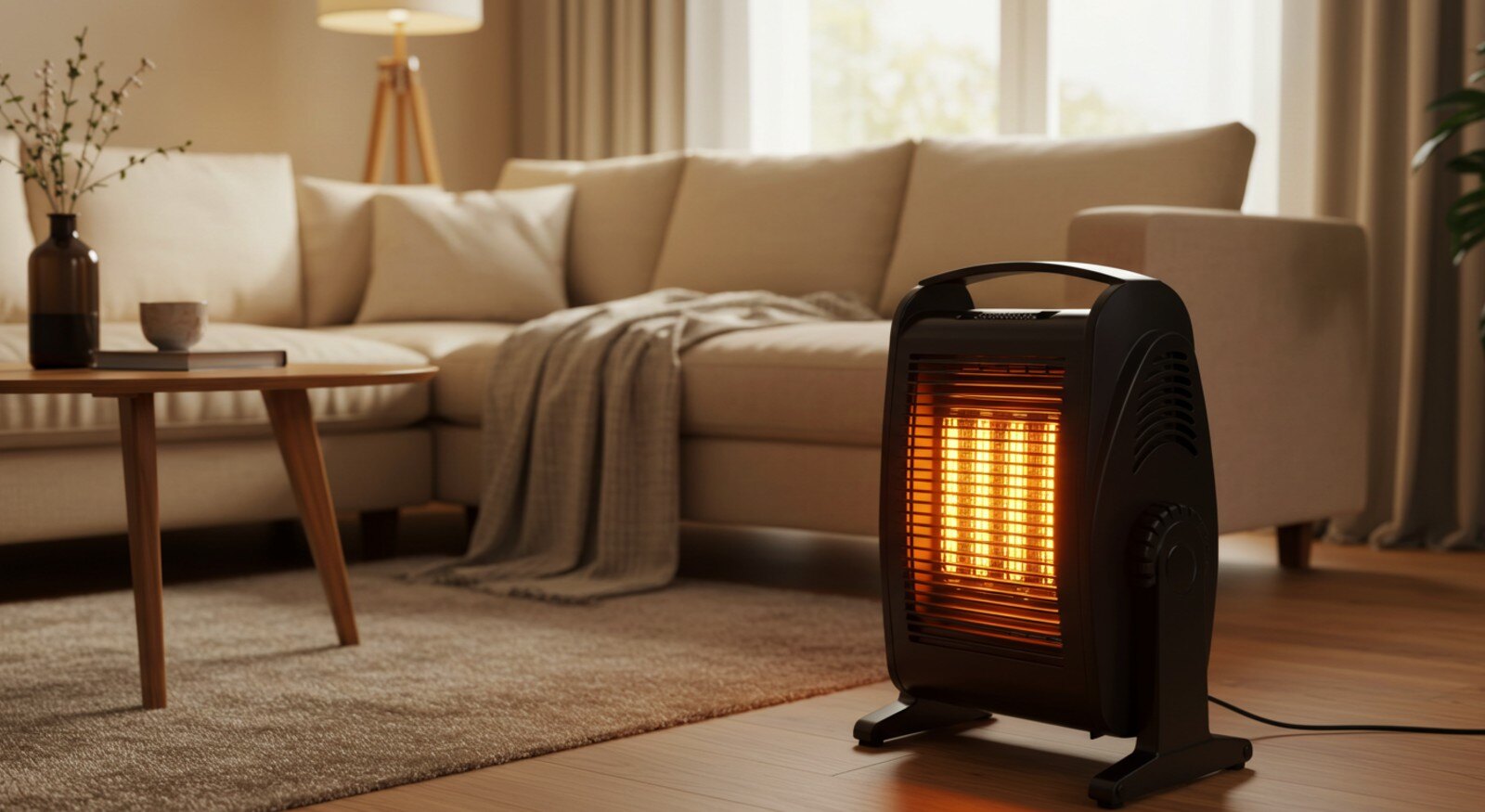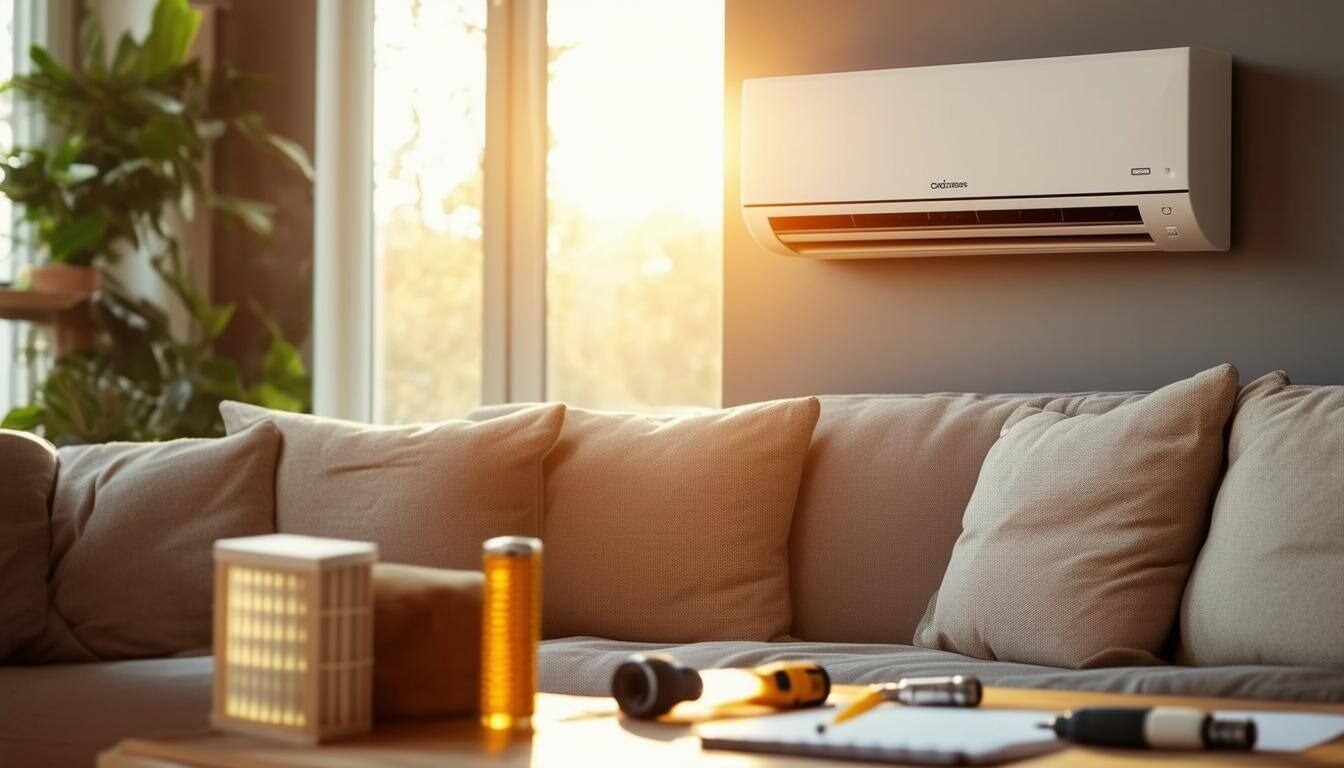HVAC inspections: Prevent fire risks this fall in El Dorado
October 4th, 2024
4 min read
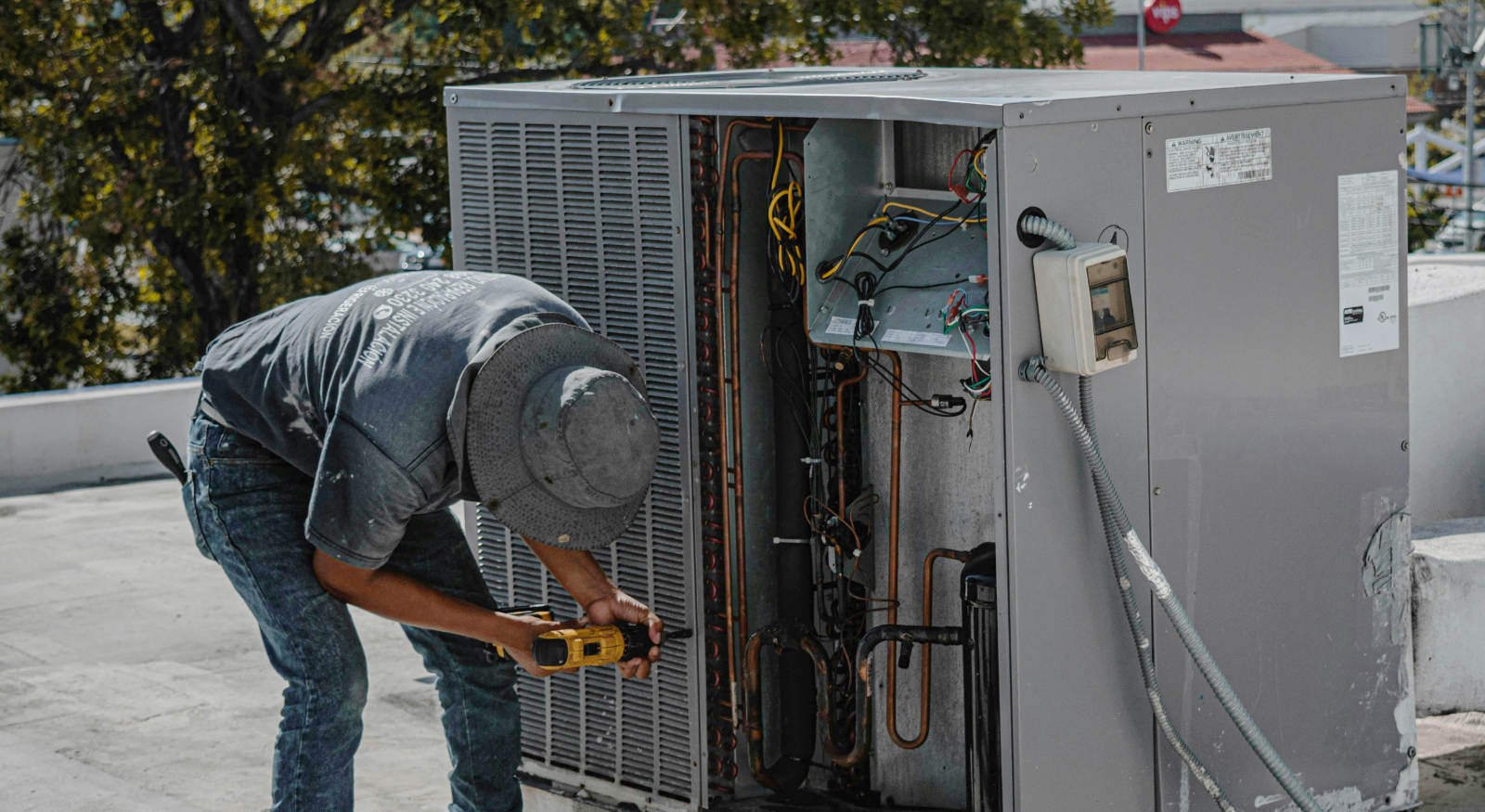
As fall continues, the greenery turns to golden hues, announcing a cool breeze of transformation. Located in the heart of South Arkansas, El Dorado is not excluded from this development. While ensuring comfort during the winter is a top priority, your HVAC system can become a source of problems if not properly maintained. But do you know how to prepare your HVAC system for the colder months ahead?
Thanks to over 50 years of combined experience in the fire damage restoration business, we know about the destruction an uncontrolled fire leaves in its path. Some of these incidents come with improperly maintained HVAC systems. Something as simple as dust buildup or a malfunctioning component can trigger a house fire.
This article will discuss why inspecting your HVAC system is vital during the changing seasons in El Dorado, Arkansas. We will also discuss the advantages of the inspection, provide a checklist of what to look for in a professional inspection, and offer some tips to prevent HVAC-related fire hazards. So, let's help you prepare for the upcoming colder months!
Why its good to schedule inspections during the fall
In El Dorado, Arkansas's original boomtown, the weather shifts from humid and hot summers to chilly and dry winters, which is bad news for your HVAC system. These sudden temperature shifts can strain your heating and cooling units, raising the risk of house fires.
Another factor to consider is that contractors get busy during summers and winters. That's why it's recommended that you check your cooling system in the spring and your heating system in the fall. It's crucial to schedule a fall inspection before firing up your heating system when the cold sets in.
Benefits of servicing your HVAC system this fall season
To ensure a fire-safe home year-round, Energy Star —a program administered by the U.S. Environmental Protection Agency (EPA) and the Department of Energy (DOE)— recommends annual pre-season checkups on your HVAC system. Here we explain the main benefits:
Avoid fire hazards this winter
As we mentioned before, HVAC systems that have not been maintained accumulate a lot of materials (dust, debris) that can become a fire risk. This is why inspections are crucial to reducing the fire risk starting in your home.
Increase efficiency and lower your energy bills
Did you know that nearly half of your energy bills come from heating and cooling costs? According to Energy Star, maintaining your HVAC system ensures efficiency and significantly lowers utility bills. Also, by scheduling regular inspections, you can avoid system failure that can result in costly replacements.
Extend the lifespan of your HVAC system
Regular maintenance prevents fires and extends the life of your HVAC system. Major components can be expensive, so catching problems before they get bigger can avoid costly repairs.
Facilitate compliance with your insurance policy
While most house fires are covered by insurance companies, maintaining your HVAC system can prove you comply with regulations. This can prevent future issues with your insurance claims if a fire breaks out in your home.
HVAC inspection: Your maintenance checklist
As we demonstrated, regularly maintaining your HVAC system has many benefits and lets you avoid all sorts of problems. However, do you know what to expect in your typical maintenance check-up? Thankfully, Energy Star provides a handy list of all the things to look for when working with an HVAC contractor:
- Checking your thermostat settings. For maximum efficiency, the temperature should be kept at a comfortable level at home, saving energy when you are away. Smart thermostats are recommended, as they let you change your home's temperature from your phone.
- Tightening all electrical connections. A thorough review of all connections and measurements of voltage and current on motors will ensure their safety and extend the lifetime of your system.
- Lubrication of all moving parts. Wherever there is movement, there is friction. This can mean overheating motors and larger energy bills.
- Inspections of the condensate drain. With all the temperature changes in your AC, furnace, or heat pump, condensation occurs. This water is directed towards a drain, which should be unobstructed. A clogged drain can damage water and increase humidity levels in your home.
- Testing of the system controls. All controls should be functioning correctly and safely. The technician will check the equipment's start-up cycle to make sure it powers on, runs, and shuts down as it should.
- Examining gas and oil connections. These, as well as the gas pressure, burner combustion, and heat exchanger, will be inspected. Faulty connections, dirty burners, and cracked heat exchangers are some of the issues to look out.
- Cleaning the air conditioner coils. Both the evaporator and condenser should remain clean to ensure cooling efficiency. Otherwise, your system will overwork itself, increasing your energy bills and shortening its lifespan.
- Checking the refrigerant levels. Your contractor will make sure your AC's refrigerant levels are just right. Smaller or larger than the indicated normal levels can increase energy costs and damage your system.
- Adjusting the blower components. Optimizing the airflow will ensure a comfortable environment and boost your system's efficiency by up to 15%.
HVAC safety: Practical tips for homeowners
Technical work, such as reviewing wiring and electrical components, is best left to the professionals. With that said, that doesn't mean there is nothing you can do to improve the safety of your home. Here is what you and other homeowners in El Dorado can do to prevent HVAC-related fire hazards:
- Change your filters regularly. To prevent overheating and possible fires, change your filters every 1 to 3 months, especially during high-usage seasons.
- Clear the area around the HVAC unit. Leave 2 feet of clearance around your unit. Flammable materials like paper, boxes, and cleaning supplies should be kept away.
- Test your smoke alarms. Don't wait until an incident happens; remember to check on them. Fall is the perfect season for this task, as it prepares you for the colder months. Replace batteries as needed and test alarms throughout your home.
- Schedule annual maintenance. Prevention is the key word in fire safety. An annual HVAC inspection with a trusted pro will catch potential fire hazards long before they become problematic.
As we have explored, the seasonal changes in El Dorado bring new challenges for homeowners, particularly regarding fire safety and HVAC systems. Having learned about the importance of inspecting and maintaining your HVAC system, we hope you take this opportunity to schedule a call. If you want to know what to do in case of an electrical fire, our article on electrical fires has you covered.
Topics:





